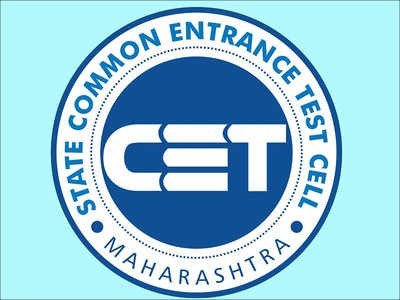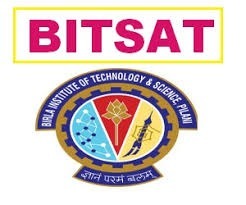A Comprehensive Guide to the NEET Syllabus
For admission to undergraduate medical and dentistry programs in India, there is a national entrance test called the National Eligibility cum Entrance Test (NEET). Physics, Chemistry, and Biology are the three core sciences covered by the NEET curriculum.
Physics
Topics like mechanics, thermodynamics, electromagnetic, optics, and contemporary physics are included in the NEET Physics course. Some of the most significant areas of Physics for NEET include the following:
Mechanics: This subject covers ideas like momentum, work, energy, and motion.
Thermodynamics is a subject that deals with ideas like heat, temperature, and entropy.
Electric and magnetic fields, forces, and induction are some of the ideas covered under the subject of electromagnetism.
In the field of optics, ideas like light, refraction, and reflection are discussed.
Modern physics: This field covers ideas like nuclear physics, relativity, and quantum mechanics.
Chemistry
Atomic structure, chemical bonds, organic chemistry, and inorganic chemistry are all included in the NEET Chemistry curriculum. Some of the key chemistry concepts for NEET include the following:
Atomic structure is a subject that covers ideas like chemical bonding, the periodic table, and the arrangement of an atom's electrons.
Ionic, covalent, and metallic bonds are only a few examples of the ideas covered under the subject of chemical bonding.
Alkanes, alkenes, and alkynes are some of the ideas covered in the subject of organic chemistry.
Aspects of inorganic chemistry covered include salts, bases, and acids.
Biology
Cell biology, molecular biology, genetics, ecology, and human physiology are among the subjects covered in the NEET Biology curriculum. Some of the most crucial subjects in biology for NEET include the following:
Cell biology is a subject that covers ideas like the composition and purpose of cells.
Molecular biology is a subject that deals with ideas like DNA, RNA, and proteins.
Genetics: The ideas of heredity, mutation, and evolution are all included in this subject.
Ecology: This subject covers ideas like biotic and abiotic components, food webs, and ecosystems.
Human physiology: This subject covers ideas such the respiratory, digestive, and circulatory systems.
Getting Ready for the NEET Syllabus
The NEET curriculum is extensive and includes many different subjects. To ensure that you have enough time to study all of the subjects on the NEET curriculum, it is crucial to start your preparation as early as possible. The following advice will help you get ready for the NEET syllabus:
Make a list of every subject that is included in the NEET curriculum to get started.
Make a list of the subjects, then begin learning each subject individually.
Before moving on to the next subject, make sure you comprehend the ideas underlying each one.
Make use of a range of study tools, including practice questions, online courses, and textbooks.
Regularly take practice exams to gauge your improvement.
To aid you with your studies, consider joining a study group or hiring a tutor.
Final Thoughts on the NEET Syllabus
The NEET curriculum is difficult yet attainable. You may prepare for the NEET curriculum and improve your chances of success by paying attention to the aforementioned advice.
Tips for Writing NEET Notes
Making notes is essential in addition to learning the NEET curriculum. You may strengthen your knowledge of the topics and simplify revision by taking notes. The following advice will help you get ready for NEET:
Write clear, short notes that are simple to interpret.
Use drawings and diagrams to assist you understand the ideas.
Give examples to help clarify the ideas.
Put your notes in a logical order.
Regularly review your notes.
You may write notes that can help you succeed in NEET by using these suggestions.
Conclusion
The NEET curriculum is extensive and difficult. You may, however, prepare for the NEET curriculum and improve your chances of success by paying attention to the advice in this article. Good fortune!
Powered by Froala Editor








